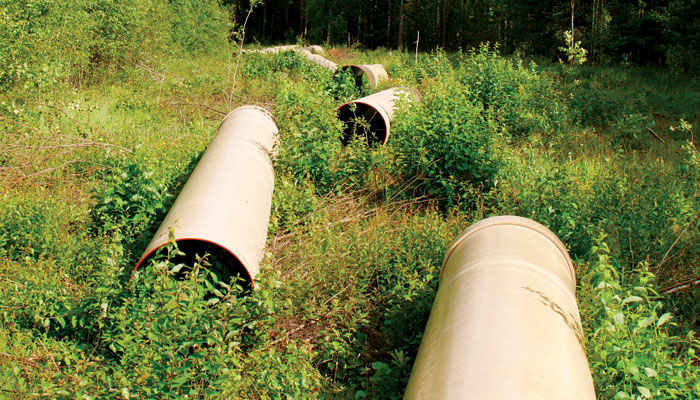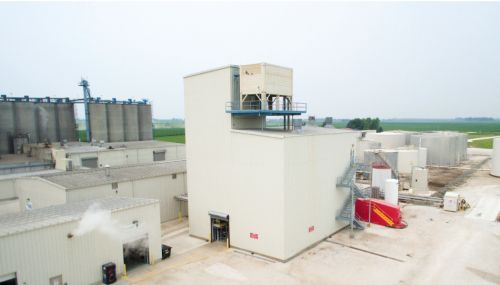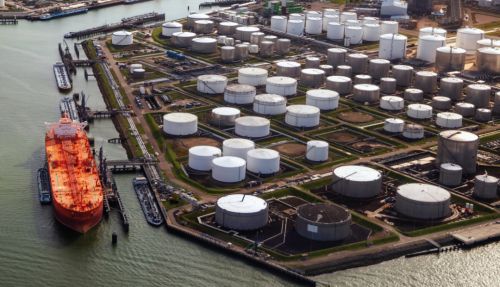All
LNG Export Agenda Enflames Opponents

From the Berkshires to Boston, activists are mobilizing against the construction of a pipeline that would bring fracked natural gas from the Marcellus Shale fields of Pennsylvania to New England, according to a recent report by WBUR radio in Boston.
There’s no shortage of arguments against Kinder Morgan’s proposed pipeline, according to the article. “It would slash through woodlands, in some places clear-cutting a swath up to 150 feet wide. It would carve up conservation land and could seize private property by eminent domain. High-pressure pipelines are known to explode, and when they do, it can be devastating. Compressor stations located along the pipeline’s route present their own set of environmental hazards, including venting of gases and excessive noise.”
Even the very need for the pipeline is disputed, according to WBUR. “A study commissioned by the Massachusetts attorney general’s office late last year concluded that the region’s demand for electricity could be met without new pipelines.”
In spite of all the glaring questions already raised, one new question has emerged to trump all the others: Is Kinder Morgan’s Northeast Energy Direct (NED) pipeline in fact intended to support natural gas exports rather than regional natural gas supply for New England?
“Kinder Morgan has been reticent about the likelihood of the pipeline being used for exporting gas, saying only that the ultimate destination of the gas was not for them to decide,” WBUR reported. “Still, they know quite well that the fracking boom in the Marcellus Shale has glutted the domestic gas market and depressed prices. And they know that U.S. gas prices have fallen to about a third of what they are in Europe. So it would not make sense for Kinder Morgan to build a $5 billion pipeline just to meet New England’s needs. It’s basic economics. The oversupply of gas in the U.S., in combination with strong demand in Europe, creates a business imperative to design NED with capacity for export.”
Energy analysts are predicting that the U.S. will soon become a net exporter, the report states. “The first tankers carrying exported liquefied natural gas (LNG) from the lower 48 states will sail from a facility in Louisiana this winter. The NED pipeline would fit neatly into a corporate strategy of expanding presence in the nascent LNG export market. Both the U.S. Department of Energy and the Canadian government have licensed a firm in Nova Scotia to import gas from the U.S. for export to Europe, that project being just one of several proposed in the Maritimes. NED would be a key link in the shortest path from the Marcellus Shale to Europe.”
WBUR notes that the question of exporting natural gas is particularly pointed because electricity ratepayers may be asked to pay a tariff, “essentially a rate hike, that would cover the utilities’ cost of long-term contracts for capacity on the proposed pipeline. Without the unprecedented long-term contracts, it’s not clear that Kinder Morgan could obtain the financing or federal approvals it needs to move the project forward. Effectively, electric utilities would use the tariff to pass along the construction costs of the pipeline to consumers under the rationale that it would simply be part of the cost of transporting fuel to New England power plants.”
“These proposed pipeline expansions will be used for portions of only 30 to 50 days a year over the next 15 years and remain idle for the remaining 300-plus days of the year, unless an alternative market is available,” Greg Cunningham, director of the Conservation Law Foundation’s clean energy program, told WBUR. “While the pipeline companies are coyly avoiding the subject, it appears clear that their strategy includes exporting gas on pipelines paid for by New England electric consumers.”
“The developers have pitched the pipeline as a public good, to be financed by ratepayers, while at the same time contriving a profitable private export business. The conspicuous unfairness of the situation hasn’t gone unnoticed,” WBUR reported. “Bills are pending in both the Massachusetts and New Hampshire legislatures that would explicitly prohibit tariffs to fund any gas pipelines that are connected to export terminals.”
WBUR concluded that, “The dubious prospect of a corporate export business built around a pipeline funded by what is effectively a tax casts a long shadow over the public perception of the project. If the aforementioned bills become law, or regulators nix the tariff idea altogether, it could prove to be the checkmate that the anti-pipeline movement has long sought.”
Related Posts
 Why Quality Matters in Your Biofuel Blends
Why Quality Matters in Your Biofuel Blends
Posted on June 25, 2025
 Incorporating Higher Blends of Biofuels
Incorporating Higher Blends of Biofuels
Posted on May 14, 2025
 NORA Programs at Eastern Energy Expo
NORA Programs at Eastern Energy Expo
Posted on May 13, 2025
 March Short-Term Energy Outlook
March Short-Term Energy Outlook
Posted on April 28, 2025
Enter your email to receive important news and article updates.
